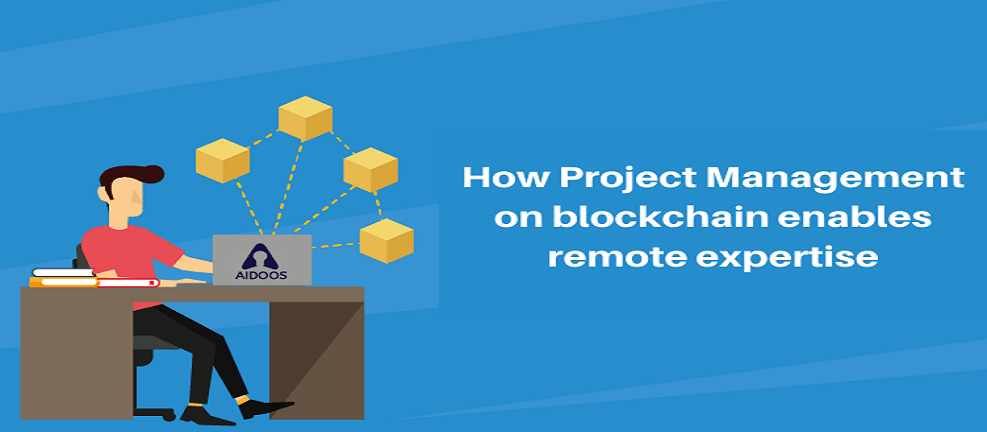Project Management on Blockchain: Revolutionizing Delivery for CIOs, CTOs, and IT Leaders

In today’s fast-paced, technology-driven world, IT leaders are constantly on the lookout for innovative ways to streamline operations and enhance transparency. Blockchain technology, best known for its role in cryptocurrency, is now making waves in project management. By offering unparalleled security, transparency, and accountability, blockchain is poised to transform how projects are executed and delivered.
For CIOs, CTOs, and other IT decision-makers, integrating blockchain into project management can ensure streamlined processes, reduced risks, and enhanced collaboration across teams.
At its core, blockchain is a decentralized, immutable ledger system. When applied to project management, it serves as a single source of truth, recording every transaction, update, and milestone securely and transparently. The distributed nature of blockchain ensures all stakeholders have real-time visibility into the project's progress, eliminating ambiguity and promoting trust.
Transparency and Accountability
Blockchain records every action and decision in a project, making all updates visible to stakeholders. This transparency ensures accountability at every level, fostering trust among team members and external partners.
Smart Contracts for Seamless Execution
Smart contracts are self-executing agreements encoded on the blockchain. They automate workflows by ensuring that specific tasks or payments are triggered only when predefined conditions are met, reducing delays and disputes.
Enhanced Security
Every transaction on a blockchain is encrypted and immutable, making it virtually tamper-proof. This ensures the integrity of sensitive project data, a critical requirement for enterprises dealing with confidential information.
Improved Collaboration Across Teams
Blockchain enables decentralized collaboration by providing a unified platform where all team members, regardless of geographical location, can access real-time data and updates.
Streamlined Resource Management
By recording and analyzing resource allocation on the blockchain, project managers can make data-driven decisions to optimize efficiency and reduce costs.
Planning Phase:
Blockchain ensures all stakeholders have access to the same information, reducing miscommunication during requirement gathering and planning.
Execution Phase:
Smart contracts automate repetitive tasks, enforce deadlines, and streamline approvals. This minimizes bottlenecks and keeps the project on track.
Monitoring and Control:
Blockchain's transparent ledger allows IT leaders to monitor progress in real time, identify potential risks, and make informed adjustments promptly.
Delivery and Closure:
With all project milestones and tasks recorded on the blockchain, generating final reports and conducting post-mortems becomes efficient and accurate.
AiDOOS brings the power of blockchain to its Virtual Delivery Center (VDC) model, providing CIOs and CTOs with a cutting-edge solution for managing projects. By leveraging blockchain, AiDOOS ensures:
Immutable Task Records: Every task is tracked and recorded, ensuring transparency in progress and billing.
Smart Talent Allocation: Blockchain-based data analytics help allocate the right experts to tasks.
Global Collaboration Made Easy: With blockchain, AiDOOS ensures seamless communication and accountability among distributed teams.
Streamlined Payments: Smart contracts automate payment workflows, ensuring milestones are met before payments are triggered.
The platform makes it easy for IT leaders to manage multiple projects with precision, enabling them to focus on strategic goals while AiDOOS handles execution.
Blockchain in project management is more than a buzzword; it’s a strategic tool for ensuring project success. By integrating blockchain into their operations, CIOs and CTOs can drive better outcomes, reduce risks, and ensure accountability across their teams. AiDOOS is at the forefront of this transformation, providing an innovative platform that empowers IT leaders to embrace blockchain-driven project management seamlessly.